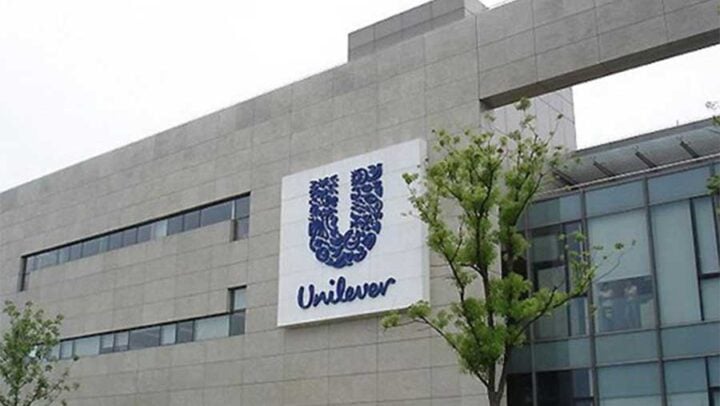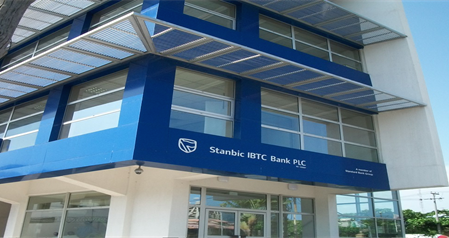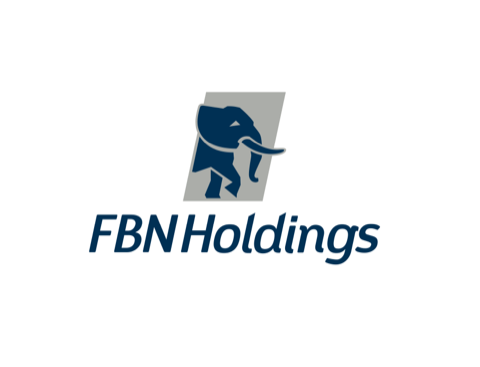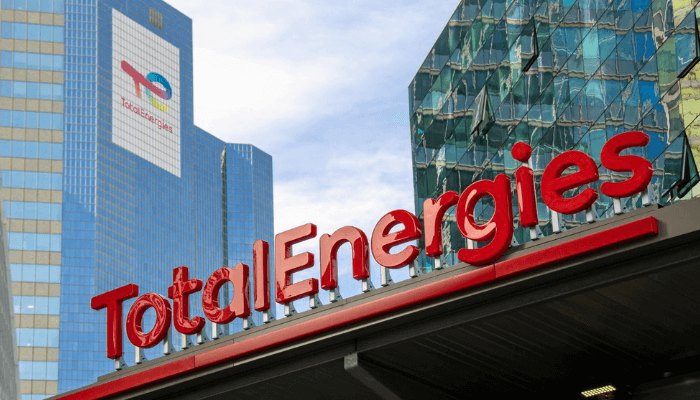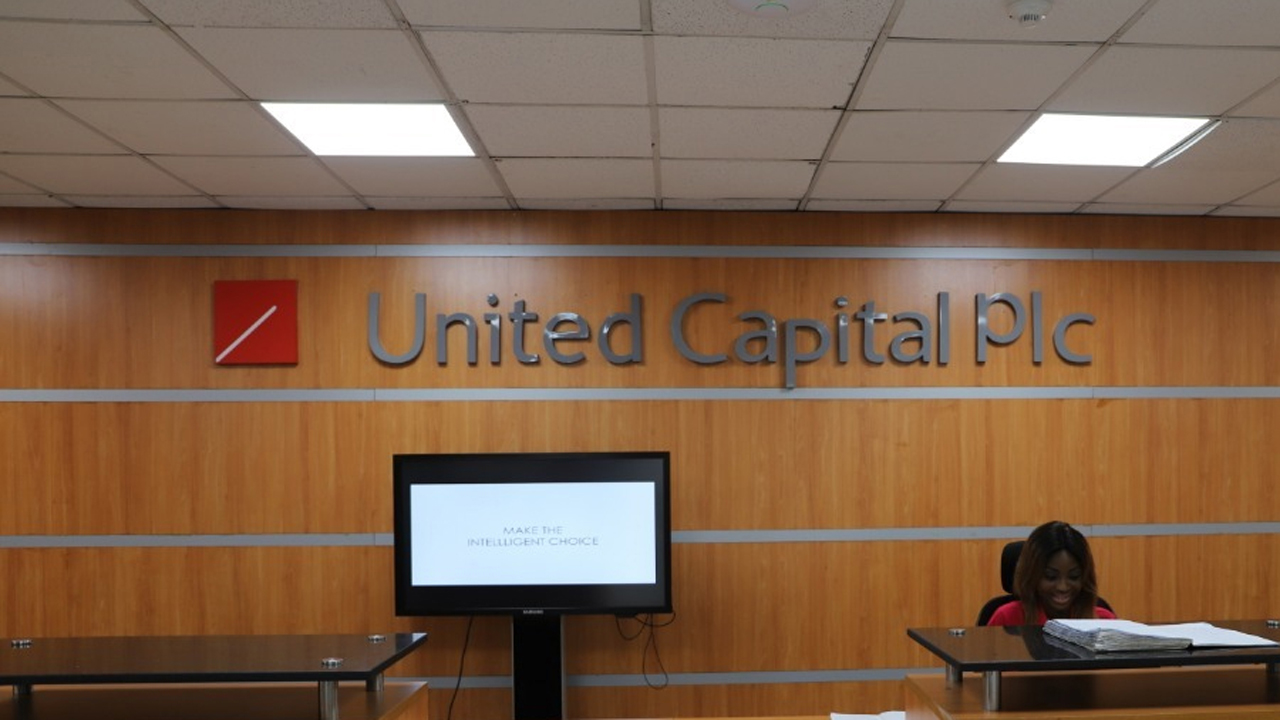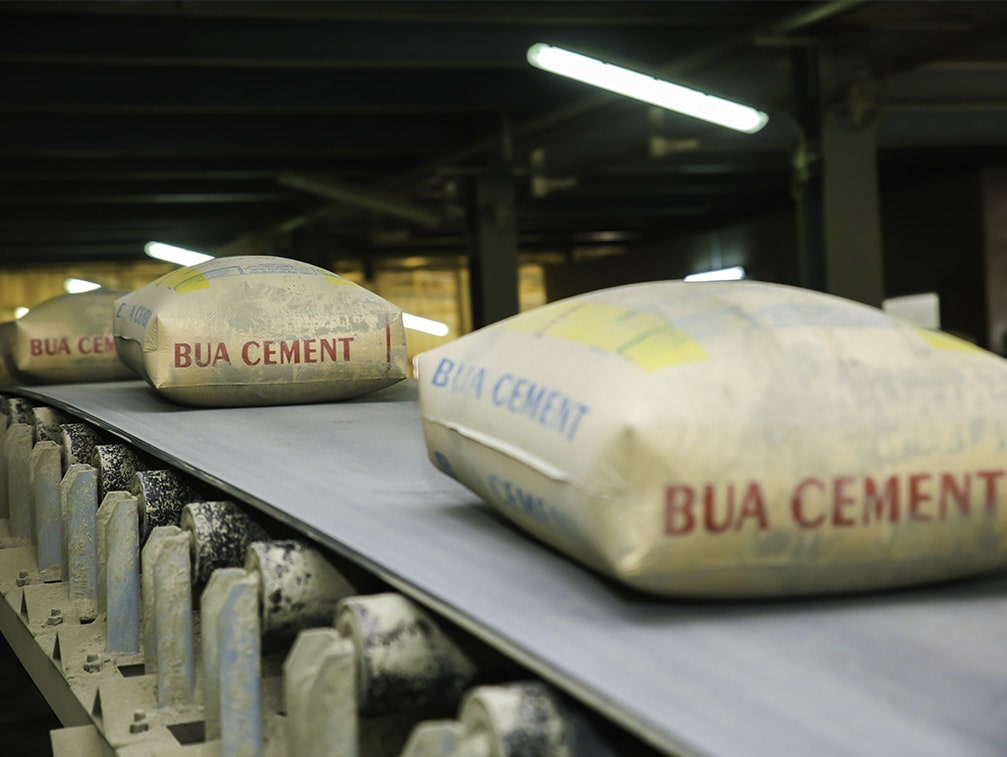Unilever Nigeria Plc kept costs in check in the first quarter (Q1) of 2023, which enabled it to lift profit by close to one-half to N2.67 billion from less than 20 percent growth in turnover.
The performance keeps hope alive that the home/personal care products producer could thread the path of recovery and growth for the third straight year, after returning to profit in 2021 from two years of major losses.
The Q1 financial report of the company for the period ended March 2023, shows that costs grew generally at a slower pace than revenue, which stretched out margins and enabled profit to advance two and half times as fast as sales revenue.
The company is maintaining the turnaround strategy of aggressive trimming of input cost that worked for it in the final quarter of last year when a break-out profit of N6.3 billion overturned a third quarter (Q3) loss to deliver profit for the second year.
Advertisement
Sales revenue grew by 19.7 percent quarter-on-quarter to N24.6 billion in Q1, while cost of sales slowed down at an increase of 4.6 percent to N14 billion over the same period.
This is the critical test for the company’s profit capacity — the ability to keep input cost below sales revenue growth. Any time the company misses the balance such as in the Q3 of last year, the bottom line goes red.
The stronger growth in sales than input cost lifted gross profit by 47.8 percent quarter-on-quarter to N10.6 billion. In effect, the company was able to convert N3.4 billion of the N4 billion increase in sales revenue into gross profit during the quarter.
Advertisement
This indicates the ability to realise the naira of sales with a significantly reduced production cost.
The cost trimming strategy was also maintained in the company’s second major expenditure line — administrative expenses but selling and distribution cost failed to comply.
Administrative expenses moderated at an increase of 12 percent to N4.5 billion while selling and distribution cost grew ahead of sales at 24.5 percent to N1.26 billion.
The cost saving from administrative expenses was, however, more than sufficient to absorb the incursion from selling and distribution cost as well an increase in net impairment loss on trade and intercompany receivables to N262 million.
Advertisement
It, therefore, extended the cost saving from input cost, and enabled operating profit to more than double quarter-on-quarter to N5.56 billion at the end of Q1.
A drop of 35.4 percent in finance income to N183 million and an increase of 232.2 percent in finance expenses to N391.5 million during the period created a net finance cost of N208 million — down from net finance income of N163 million in the same period in 2022.
Pre-tax profit grew by 93.6 percent quarter-on-quarter to N4.3 billion while a major increase in tax expenses from N450 million to N1.68 billion, lowered the increase in after-tax profit to 48.7 percent to close at N2.67 billion for the quarter.
Unilever closed last year’s operations with sales revenue of N88.6 billion, which is an increase of 25.6 percent. The revenue figure remains down from the company’s over N95 billion turnover in 2018.
Advertisement
The firm’s after-tax profit grew from N3.4 billion in 2021 to N4.5 billion in 2022, but remains considerably down from N10.67 billion posted in 2018.
Advertisement

